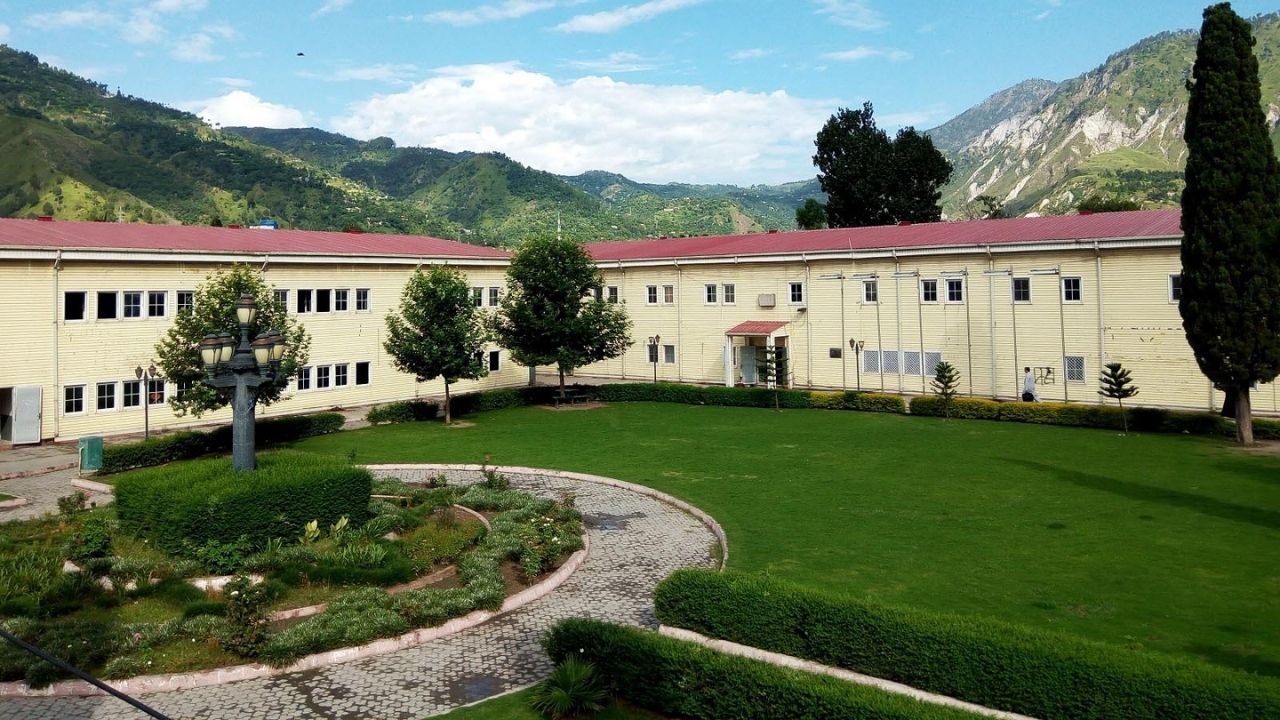Azad Jammu and Kashmir’s (AJK) public universities are confronted with significant financial obstacles that may compromise their capacity to serve students and run efficiently.
Vice-chancellors and the state chancellor, among other university officials, made a financial help petition to the state government to address this problem.
They threatened to disrupt 30,000 students’ education and cause 3,500 university employees to lose their jobs if they did not receive quick assistance.
The president of AJK emphasized the seriousness of the issue in a lengthy letter to the prime minister, pointing out that the institutions had not seen an increase in their yearly funding from the Higher Education Commission (HEC) in the previous five years. Budgets at universities have been severely strained at this time due to inflation and growing expenses.
Government employees’ salaries have risen dramatically, but universities’ budgets have not increased to keep up with these rising expenses.
More pension commitments have also added to the financial load, and there isn’t any extra money coming from the government to pay for them.
The prime minister and other pertinent authorities have received a formal request for funds from university administrators together with comprehensive financial documentation.
In order to put AJK institutions on par with their counterparts in other provinces, which get more significant financial support from their respective provincial governments, they are requesting an annual grant.
The pay for government workers has increased significantly, but university finances have not kept up with these growing costs.
The financial burden has also increased due to additional pension obligations, which cannot be met with further funding from the government.
University officials have submitted a formal request for cash along with extensive financial evidence to the prime minister and other relevant authorities.
They are asking for an annual grant to bring AJK institutions up to speed with their counterparts in other provinces, which receive more substantial financial support from their respective provincial governments.


Comments are closed, but trackbacks and pingbacks are open.